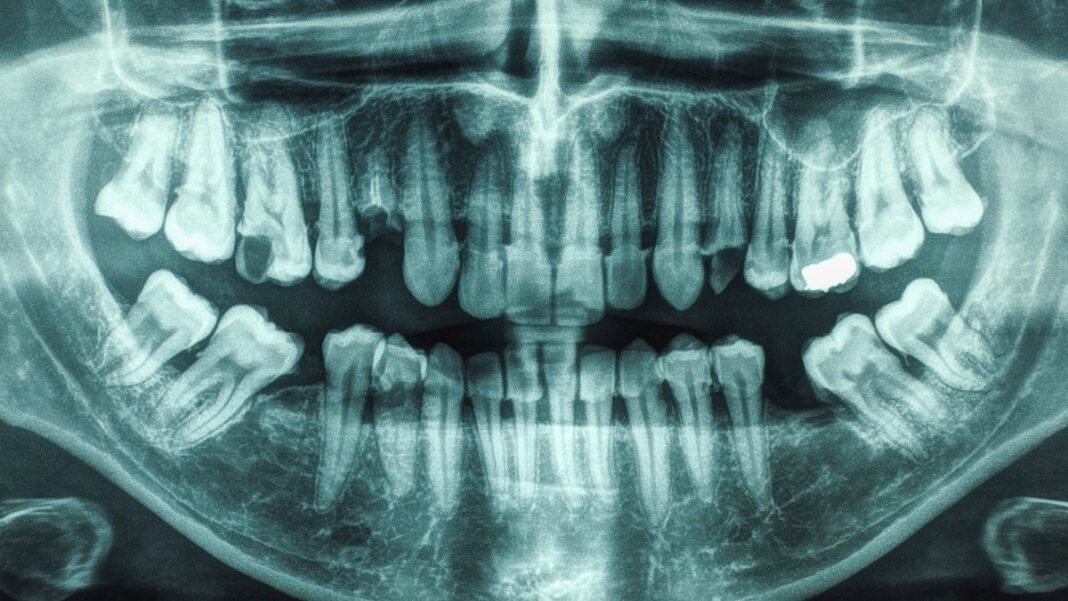A new study spanning 21 years has revealed a significant link between poor oral health—specifically, the combination of gum disease and tooth cavities—and a notably higher risk of stroke. While each condition has previously been individually associated with stroke, this research highlights the amplified risk when they occur together.
The Study’s Findings
Researchers at the University of South Carolina tracked the health of 5,986 adults (with an average age of 63) over two decades, focusing on individuals without a prior history of stroke or heart disease. They categorized participants based on their oral health: good oral health, gum disease only, or both gum disease and cavities.
The findings were striking:
- Good oral health group: Just 4.1% experienced a stroke.
- Gum disease only group: The rate increased to 6.9%.
- Gum disease and cavities group: A concerning 10% experienced a stroke.
Even after accounting for common risk factors like body mass index and smoking, the study showed a clear correlation:
- Individuals with gum disease faced a 44% higher risk of stroke compared to those with healthy mouths.
- Those with both gum disease and cavities had an 86% increased risk of stroke.
Furthermore, participants with both conditions exhibited a 36% higher risk of major cardiovascular events—including strokes, fatal heart disease, or fatal heart attacks—than those with healthy mouths.
Why the Link? Understanding the Mechanisms
The study’s authors emphasize that the findings demonstrate an association, not a direct causal relationship. However, they speculate that the link likely stems from the spread of inflammation and bacteria from the mouth to other areas of the body.
This theory aligns with previous research which has identified oral bacteria in arterial plaques—the fatty deposits that can narrow arteries and restrict blood flow. The presence of bacteria in these plaques can potentially trigger clot formation and lead to ischemic strokes (strokes caused by blood clots).
Preventing Stroke: A Holistic Approach
The study’s findings suggest that improving oral health could be an important component of stroke prevention strategies. The researchers also confirmed the advantages of regular dental check-ups: people who reported visiting the dentist regularly were significantly less likely to have both gum disease and cavities together and lower their risk of gum disease.
“This study reinforces the idea that taking care of your teeth and gums isn’t just about your smile. It could help protect your brain.” – Souvik Sen, Chair of the Neurology Department at the University of South Carolina
The implications are clear: individuals displaying signs of gum disease or cavities should seek treatment not only to preserve their teeth but also to potentially lower their risk of stroke. Taking a proactive approach to oral hygiene may offer a valuable tool in safeguarding overall cardiovascular health.






















